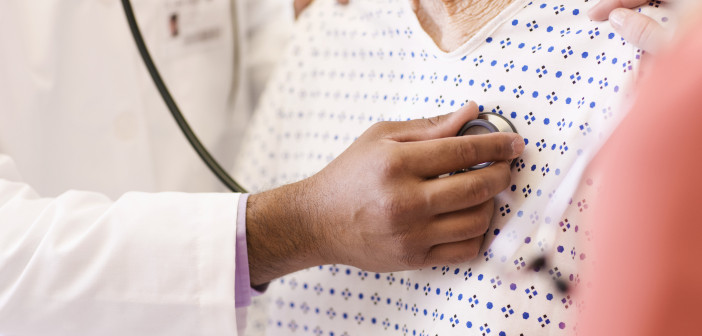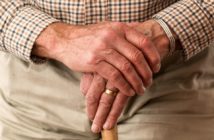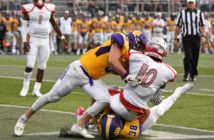Nearly 800,000 Americans suffer a stroke every year. There are numerous types of strokes from ones in your brain to others that block blood flow in your leg. Some strokes lead to coronary heart failure while others are linked to hypertension.
All types of strokes can result in death. But medical research and educational programs focusing on identifying the symptoms have greatly reduced the number of deaths that result in strokes. A stroke is an attack that occurs when a blood clot blocks an artery or a blood vessel breaks, interrupting blood flow to an area of the brain. Brain cells begin to die. Not all stroke victims die. Some are paralyzed; others suffer partial paralysis. The result for many who survive is a live of long-term disability. Decades of research have helped experts identify symptoms or warning signs that a person is about to, or already has, suffered a stroke. Quick treatment is crucial to survival and minimizing brain damage.
Warning and an opportunity
Studies also have identified those who are likely to suffer a stroke in the future. The most noticeable indication is when someone suffers a transient ischemic attack or ministroke. Nearly 33 percent of people who have a transient ischemic attack will have a major stroke, many within 12 months. These ministrokes occur when the blood flow to the brain is cut off for a short period of time, maybe 20 minutes. The residual effects are negligible; the person who suffered the TIA doesn’t remember or the people around don’t recognize the symptoms.
One thing medical researchers are certain about: Suffering these ministrokes is a good indication that a major stroke is in your future. These types of attacks often happen to people 60 and older. Unfortunately, they brush them off as part of the aging process and do not seek treatment. A TIA should serve as both a warning and an opportunity.
Aging and stroke risks
The chance of suffering a stroke doubles for each decade of life after we reach 55 years old. And while strokes are more common in older people, younger people who are predisposed to a stroke, remain at risk. If a parent or grandparent had a stroke, you are a hereditary risk factor to having one, too.
Elderly people are at risk of having a stroke because the main arteries because fatty deposits tend to clog the major arteries as they age. According to Karen Bontia, MD Neurology, “older people also are more likely to suffer from arthritis in their necks, which could lead to blood flow problems called vertebral artery compression, which compromises the flow of blood through arteries wrapped around the vertebrae.” People who suffer diabetes, obesity and high blood pressure are more vulnerable to suffer a stroke.
Warning signs
Warning signs that someone is suffering a stroke or about to should not be confused with other physical or mental issues. When these signs are combined, they indicate that the brain is not getting sufficient blood and medical assistance should be sought immediately. Pay attention to awkward body movements and confusing behavior.
Specific indicators are:
* Trouble with walking. Everyone loses their balance or stumbles every so often. But if you experience a fit of sudden dizziness and lose coordination while stumbling, you might actually be on the verge of suffering a stroke.
* Trouble with speaking and understanding. If you suddenly feel confused, are having a difficult time understanding someone else talking or you are slurring your words when talking, the onset of a stroke might be occurring.
*Paralysis or numbness. Seek medical attention immediately if your face, arm or leg suddenly becomes numb or weak. If the numbness occurs on just one side of your body, be acutely aware that you might be having a stroke. Stroke experts suggest trying to lift both your arms over your head at the same time. If one arm falls, seek immediate attention.
* Vision problems. Stroke victims report sudden blurred or blackened vision. Double vision is not unusual, either.
* Severe headache. A sudden headache that accompanies any of these listed symptoms is an indication you might be having a stroke, especially if you are also dizzy or nauseous.




